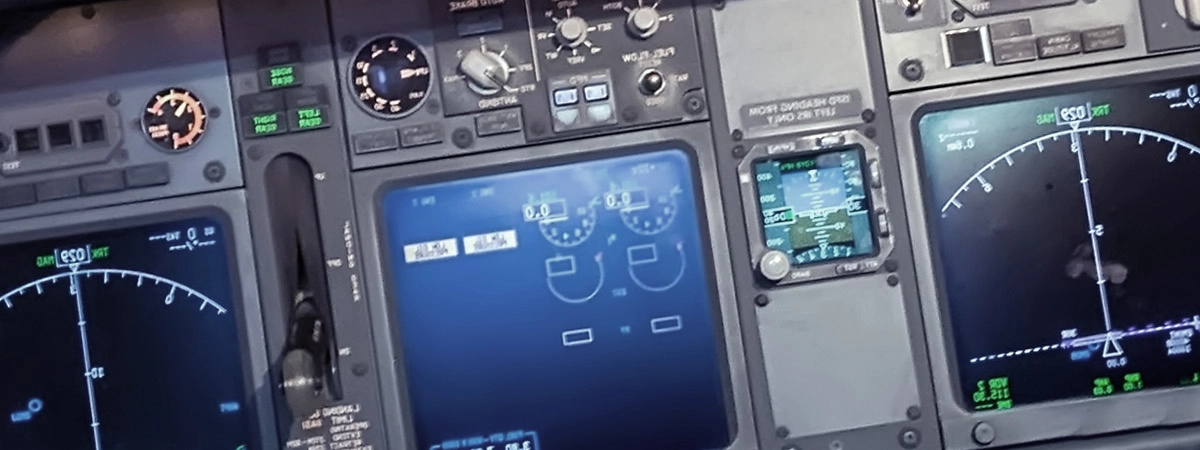IMO A.694(17) General Requirements Testing for Shipborne Radio Equipment
In the maritime industry, compliance with international regulations is paramount to ensure safety and efficiency in global shipping operations. The International Maritime Organization (IMO), through its Assembly Resolution A.694(17), has established comprehensive general requirements for shipborne radio equipment. This resolution aims at standardizing the performance of these devices to enhance the reliability and safety of maritime communications.
The regulation covers a broad spectrum, including but not limited to, VHF radios, MF/HF transceivers, satellite communication systems, emergency position indicating radio beacons (EPIRBs), and automatic identification system (AIS) equipment. Compliance with IMO A.694(17) is mandatory for all ships operating within the international shipping community. This ensures that critical communications are reliable, reducing the risk of accidents due to miscommunication or failure.
Our laboratory specializes in testing shipborne radio equipment according to these stringent standards. Our expertise lies not only in meeting regulatory requirements but also in providing comprehensive solutions that enhance the performance and reliability of communication systems on ships. By adhering to this standard, we ensure our clients are equipped with cutting-edge technology that meets global maritime safety protocols.
The testing process involves rigorous procedures designed to simulate real-world conditions under which these devices operate. This includes environmental factors such as salt spray exposure, humidity levels, and temperature variations. Additionally, functional tests assess the equipment’s ability to transmit and receive signals accurately over various distances and through different types of interference.
Our team of experts uses state-of-the-art facilities equipped with certified instrumentation that adheres strictly to industry standards like ISO 10563-2:2014 for VHF radios. These tests are crucial not only for regulatory compliance but also for ensuring the longevity and reliability of the equipment in challenging marine environments.
By providing thorough testing services based on IMO A.694(17), we help our clients maintain their certification, avoid costly fines associated with non-compliance, and uphold high standards of maritime safety. Our commitment to excellence ensures that every piece of equipment undergoes stringent evaluation before being approved for use in international waters.
Applied Standards
The IMO A.694(17) regulations are closely aligned with several internationally recognized standards, which further emphasize the importance of our testing services. These include:
- ISO 10563-2:2014 - This standard sets out specific requirements for VHF radio equipment used in marine applications.
- IEC 60947-4-1:2018 - Covers the electrical characteristics of contactors and relay assemblies, relevant to various types of electrical equipment used on ships.
- EN 301 845 - Pertains specifically to radio equipment for use in maritime environments, ensuring compatibility with other devices operating within similar constraints.
- ITU-R M.1374-2 - Specifies the performance criteria for satellite communication systems employed on board ships.
- AIS International Standardization - Ensures that AIS equipment functions correctly and interoperably with other vessels equipped similarly.
Our comprehensive testing process integrates these standards, ensuring complete coverage of all relevant requirements. This approach guarantees that our clients receive accurate assessments tailored to meet the specific needs dictated by both national and international maritime authorities.
Customer Impact and Satisfaction
The implementation of IMO A.694(17) has significant implications for ship owners, operators, and manufacturers alike. By adhering to these standards, organizations demonstrate their commitment to maritime safety and environmental protection. Our testing services play a crucial role in facilitating this compliance, thereby enhancing customer confidence and satisfaction.
Through our detailed reports, we provide clear insights into the performance of each piece of equipment tested. This transparency allows clients to make informed decisions about necessary upgrades or replacements while ensuring ongoing adherence to regulatory requirements. Moreover, by partnering with us early in the design phase, manufacturers can identify potential issues before production begins, saving time and resources.
Our approach not only focuses on meeting current regulations but also anticipates future changes. As new technologies emerge, our laboratory remains at the forefront of innovation, ensuring that all tests conducted remain relevant and effective. This proactive stance helps maintain a competitive edge in an ever-evolving industry.
In summary, our testing services significantly contribute to the overall success of our clients by fostering trust among stakeholders and promoting best practices within the maritime sector. By prioritizing quality and reliability through meticulous adherence to IMO A.694(17), we help build a safer and more efficient global shipping fleet.
Use Cases and Application Examples
| Use Case | Description |
|---|---|
| VHF Radio Testing | We test VHF radios to ensure they meet the stringent performance criteria outlined in ISO 10563-2:2014. This includes assessing their ability to operate effectively in harsh marine environments. |
| MF/HF Transceiver Compliance | Our laboratory evaluates MF/HF transceivers against IEC 60947-4-1:2018, ensuring they function reliably across a wide range of frequencies and conditions. |
| Satellite Communication Systems Testing | We perform thorough tests on satellite communication systems according to ITU-R M.1374-2, guaranteeing their suitability for use in maritime operations. |
| EPIRB Performance Evaluation | The reliability and accuracy of EPIRBs are crucial for emergency situations at sea. Our testing ensures these devices comply with IMO A.694(17) requirements. |
| AIS Equipment Validation | We validate AIS equipment to ensure it operates correctly according to international standards, facilitating safe navigation and collision avoidance. |
| Environmental Simulation Testing | This involves replicating real-world conditions to assess how well the radio equipment withstands salt spray exposure, humidity levels, and temperature variations. |
| Functional Performance Checks | We conduct functional performance checks to ensure all critical functions of the equipment work as expected under simulated operational scenarios. |
The above use cases highlight just a few instances where our testing services are instrumental in ensuring compliance with IMO A.694(17). Each case underscores the importance of precise, reliable testing to maintain safety and efficiency in maritime operations.





